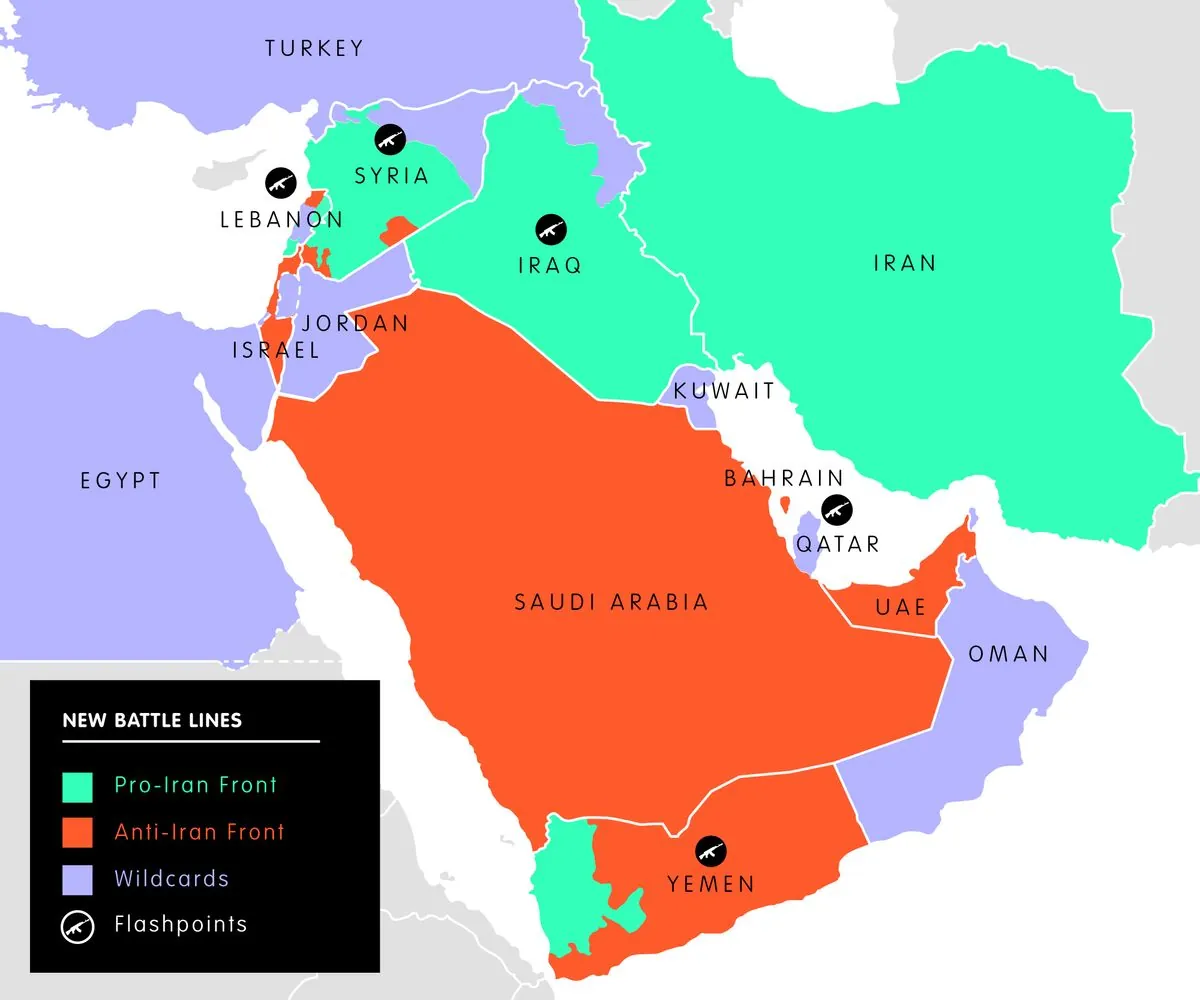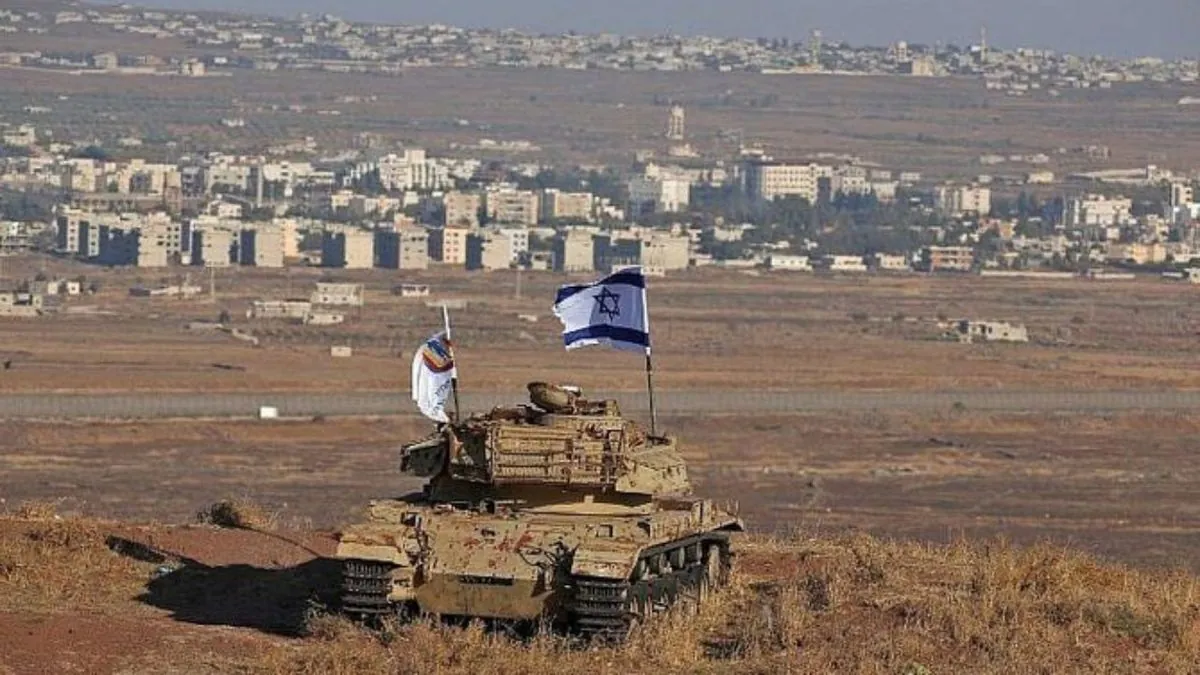Middle East Tensions and Venezuelan Crisis: A Global Affairs Update
Recent events in the Middle East and Venezuela have heightened global tensions. Experts discuss Israel's actions, the disputed Venezuelan election, and potential U.S. foreign policy shifts under a Harris administration.

The rapid pace of global events has left foreign policy experts struggling to keep up. From escalating tensions in the Middle East to political turmoil in Venezuela, the international landscape is in flux.
In the Middle East, the conflict between Israel and Hamas has entered its ninth month. Israel's military operations in Gaza have faced challenges in containing Hamas militants, while the civilian population endures severe hardships. The situation has spilled over into Israeli society, with far-right protesters recently attacking an Israel Defense Forces base.
Tensions have further escalated with Israel's alleged assassinations of Hamas and Hezbollah leaders in Tehran and Beirut, respectively. These actions have raised concerns about a potential broader regional conflict. On July 27, 2024, Hezbollah launched a missile attack on a playground in the Golan Heights, resulting in civilian casualties. Israel responded with a strike in Beirut, claiming to have eliminated a top Hezbollah leader.

The involvement of Iran and its support for various militant groups in the region adds another layer of complexity to the situation. The United States faces pressure to address these escalating tensions and prevent further destabilization.
"Any attack by Hezbollah that leads to a major confrontation will be considered an Iranian attack and Tehran will be held fully accountable."
In Latin America, Venezuela's recent presidential election has been marred by allegations of fraud. Incumbent President Nicolás Maduro claims victory, despite pre-election polls showing opposition candidate Edmundo González Urrutia with a significant lead. The disputed results have sparked protests and raised concerns about the country's stability and its impact on global oil markets.
The situation in Venezuela highlights the challenges faced by the international community in addressing authoritarian regimes and supporting democratic processes. The United States has struggled to develop a consistent and effective policy towards Venezuela, with past attempts at intervention and sanctions yielding limited results.
As these crises unfold, attention has turned to potential shifts in U.S. foreign policy under a hypothetical Kamala Harris administration. With limited foreign policy experience, Harris's approach remains uncertain. Speculation suggests she may adopt a more progressive stance than the current administration, particularly regarding the Israeli-Palestinian conflict.
The ongoing global challenges underscore the complexity of international relations and the need for nuanced, effective diplomacy. As events continue to unfold rapidly, policymakers and analysts must remain vigilant and adaptable in their approaches to these pressing issues.


































